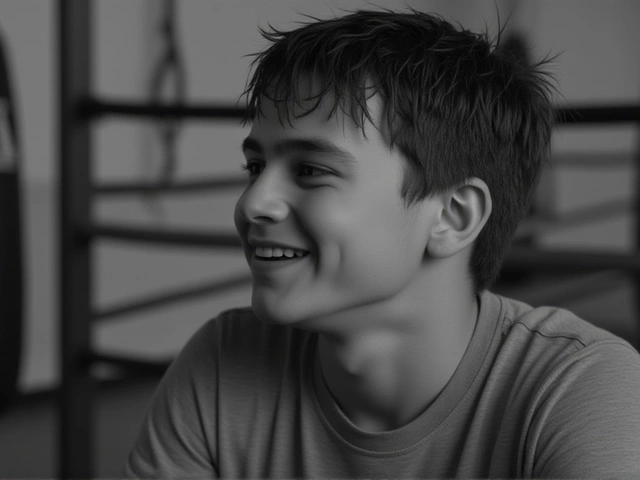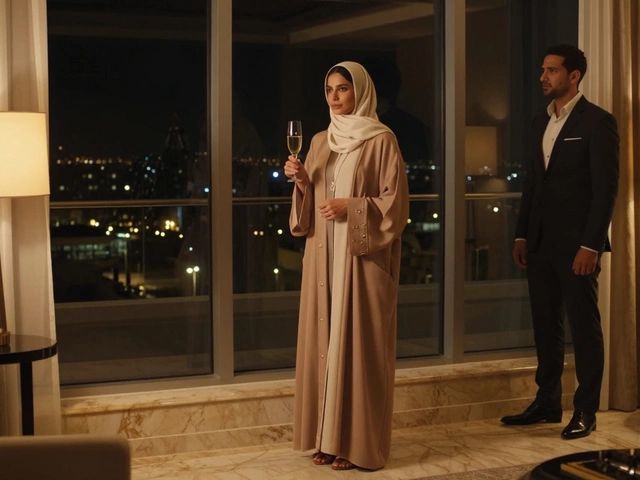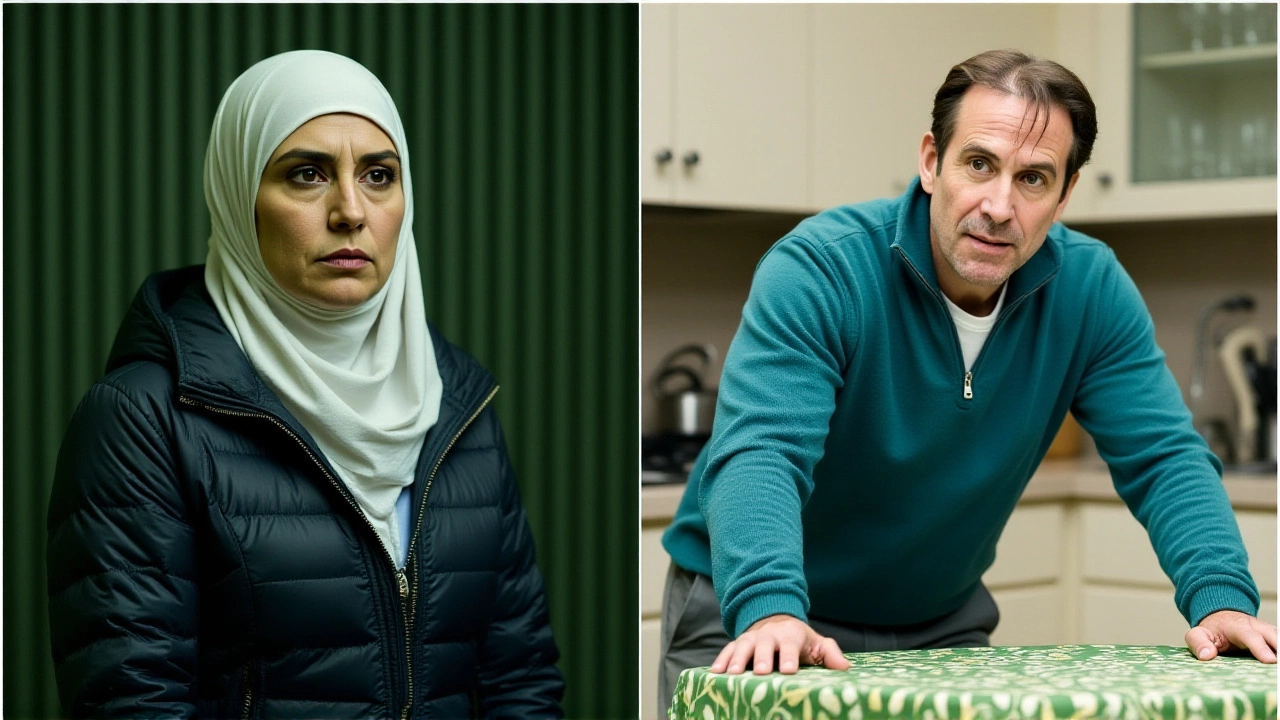
The BBC has unveiled Prisoner 951, a harrowing factual drama that brings to life the five-year ordeal of British-Iranian citizen Nazanin Zaghari-Ratcliffe, who was detained in Iran under the prisoner number 951 — a designation that became her grim identity behind bars. Starring Iranian-British actress Narges Rashidi as Nazanin and Joseph Fiennes as her husband, Richard Ratcliffe, the six-part series premieres on BBC One on November 23, 2025, with all episodes available immediately on BBC iPlayer. The official trailer, released at 0:00:40 UTC on November 6, 2025, doesn’t just tease a story — it feels like a whispered confession from someone who lived through hell. The real-life case of Nazanin Zaghari-Ratcliffe isn’t just a diplomatic footnote — it’s a stain on UK-Iran relations that lasted longer than most political scandals. Arrested at Imam Khomeini International Airport in Tehran in April 2016 while visiting family with her toddler daughter, she was accused of plotting to overthrow the Iranian government — charges she and the UK government consistently denied. Her detention stretched into years, during which she was held in Evin Prison, denied proper medical care, and subjected to psychological pressure. Meanwhile, Richard Ratcliffe became an unlikely global advocate, sleeping on the steps of Parliament, speaking at the UN, and turning his grief into a relentless campaign that forced the world to pay attention. Prisoner 951 doesn’t shy away from the ugly truth: the Iranian state treated her not as a citizen, but as a bargaining chip. The trailer’s chilling lines — “We’ve been told there’s a problem with her passport. I think you need to view this as an abduction” — cut straight to the heart of the matter. The UK Foreign Office, according to Richard’s own testimony, repeatedly advised him to “do nothing.” That silence, the drama suggests, was as damaging as the prison walls. What unfolds on screen is the unbearable tension between public performance and private desperation. You see the cameras rolling as diplomats give carefully worded statements, while Richard, in his kitchen at 3 a.m., stares at a photo of his wife and daughter, whispering, “Where is she now?” Dancing Ledge Productions, the UK-based company behind the series, has a track record of intimate, emotionally precise storytelling — think My Mother and Other Strangers or The Salisbury Poisonings. They didn’t just adapt the headlines; they dug into diaries, court transcripts, and interviews with those closest to the case. Narges Rashidi, who has spoken publicly about her own experience as an Iranian exile, brings a quiet, aching authenticity to Nazanin. There’s no melodrama in her performance — just exhaustion, fear, and the flicker of hope that never fully dies. Joseph Fiennes, meanwhile, avoids the trap of martyrdom. His Richard isn’t a saint. He’s a man who screamed into a void, who cried in front of strangers, who learned to smile for the cameras while his soul cracked open. The series also introduces Shaun Yusuf McKee as Lim, a shadowy figure linked to Iran’s intelligence apparatus, and Yasaman Mohsani in an undisclosed role, adding layers to the bureaucratic machinery that kept Nazanin trapped. The production team worked with human rights lawyers and former detainees to ensure the portrayal of Evin Prison’s conditions was accurate — the cold concrete, the flickering fluorescent lights, the way guards would open cell doors just enough to let in a sliver of daylight, then slam them shut again. This isn’t just television. It’s testimony. The timing is deliberate. Nazanin was finally released in March 2022, after years of negotiations and a controversial £400 million debt settlement between the UK and Iran — a deal many saw as a moral compromise. Yet the trauma lingers. Her daughter, Gabriella, was just three when her mother was taken. She’s now 11. The family has spoken of rebuilding trust, of learning to sleep without checking the news every hour. Prisoner 951 doesn’t end with her release. It ends with silence — the kind that follows a long scream. What led to this? Why now? Because the world forgot. The headlines moved on. Iran continues to hold dual nationals as political leverage. In 2023, another British-Iranian, Kian Tajbakhsh, was sentenced to 10 years in prison on similar charges. The UK government still refuses to call these detentions “hostage-taking.” But the public is starting to remember. The trailer for Prisoner 951 has already been viewed over 2.3 million times. The hashtags #Prisoner951, #NargesRashidi, and #NazaninZaghariRatcliffe are trending across Europe. Is this accurate? Yes — and that’s what makes it unbearable. The BBC worked with Nazanin and Richard for over two years, though they declined to be directly involved in scripting. “They didn’t want to relive it,” says producer Sarah Hammond. “But they said: ‘Tell the truth. Even the ugly parts.’” The dialogue in the trailer? Taken almost verbatim from Richard’s public statements and private messages. The airport arrest? Filmed at the exact terminal where it happened, using real surveillance footage as reference. Why does this matter to you? Because if you think diplomacy is just diplomats in suits shaking hands, think again. This is about a mother torn from her child. A husband who refused to give up. A government that chose silence over justice. And a system that treats people like numbers — 951 — not names.
Behind the Scenes: How a True Story Became a TV Drama
The production team spent 18 months researching the case, accessing court documents, travel records, and intercepted communications obtained through freedom of information requests. They even reconstructed the layout of Nazanin’s cell using blueprints from former detainees. The wardrobe team sourced authentic 2016-era clothing from Iranian expat communities in London and Berlin. The sound design? Recorded in an actual Tehran prison corridor to capture the echo of footsteps, the metallic clang of gates.Responses from the Public and Advocacy Groups
Human Rights Watch praised the series as “a vital act of memory,” while the UK-based group Free Nazanin called it “the most honest portrayal of our fight.” Critics, however, warn that dramatizing such a sensitive case risks oversimplifying complex geopolitics. “This isn’t just about one woman,” says Dr. Laleh Khalili, a professor of Middle East politics at SOAS. “It’s about how Western governments trade human lives for economic deals. The drama shows the pain. But does it show the system?”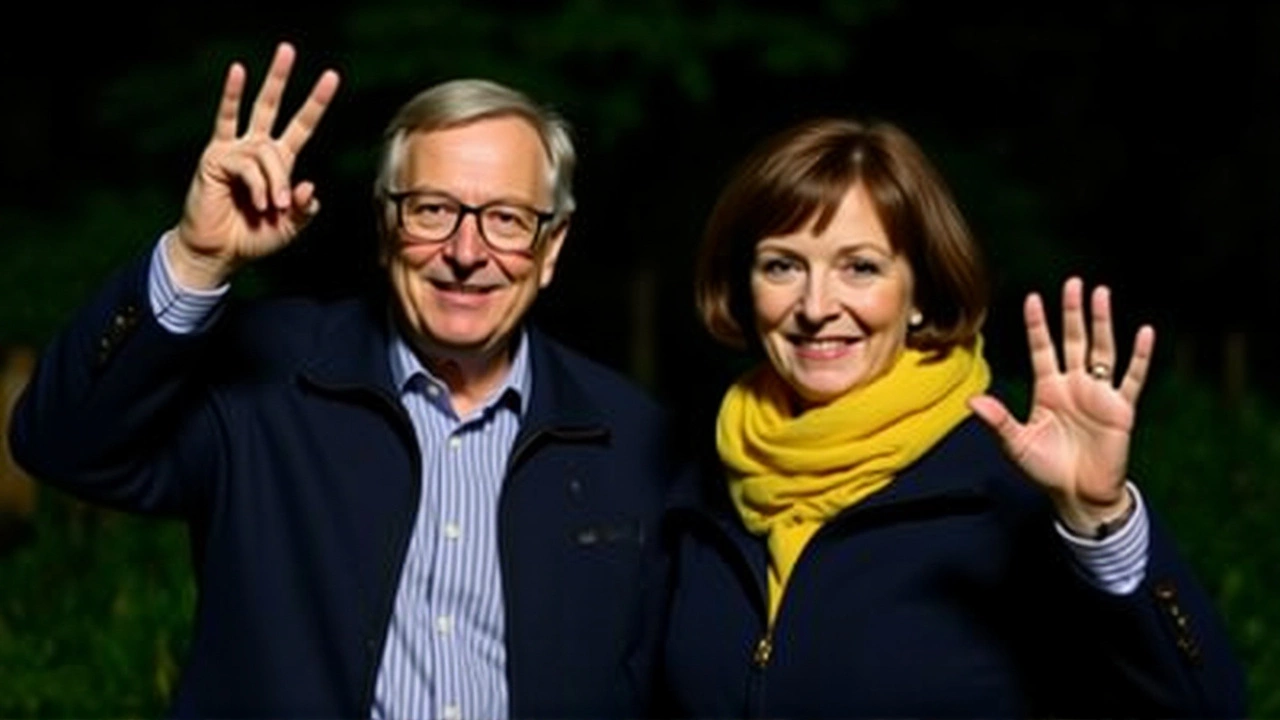
What’s Next for the Ratcliffes?
Since her return, Nazanin has spoken at the UN Human Rights Council and published a memoir, Letters from Evin. Richard continues to campaign for the release of other dual nationals. They now live in London with Gabriella, who is learning Farsi again — “so she can read her mother’s letters,” Richard told the Guardian last month. The family has declined to watch the series before it airs. “We’ve lived it,” Nazanin said in a brief statement. “We don’t need to relive it on screen.”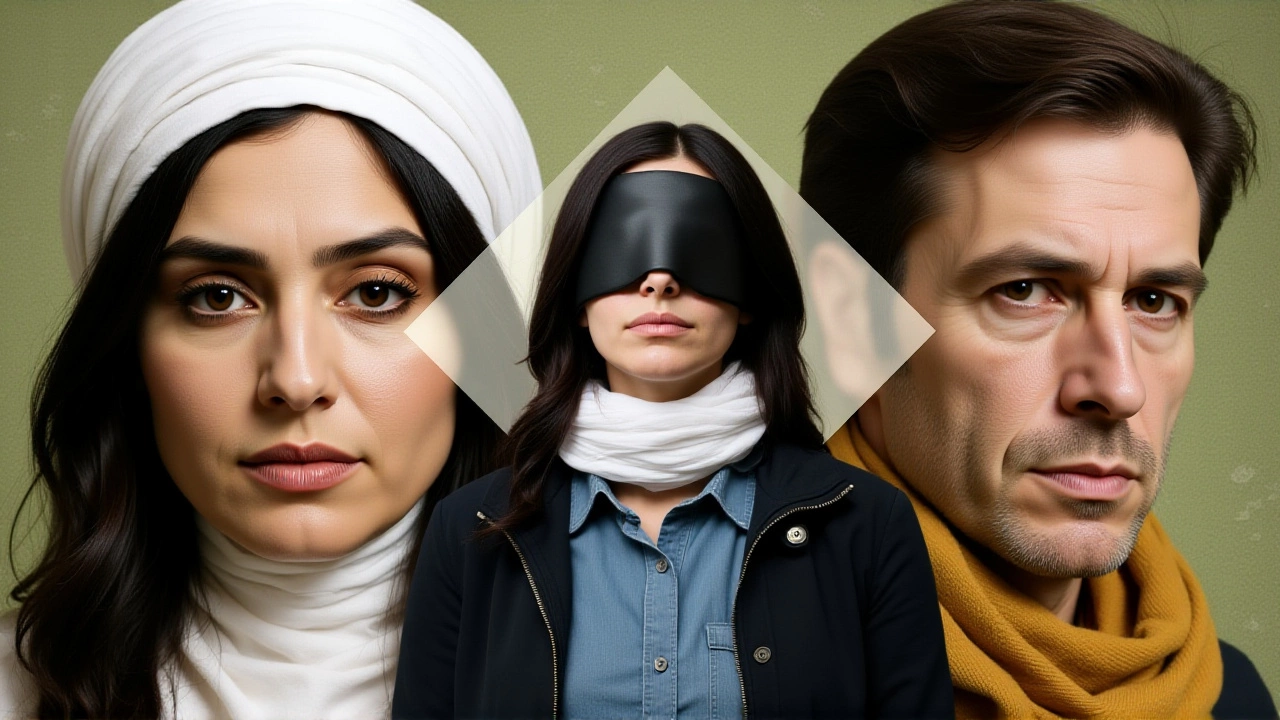
Why the Title ‘Prisoner 951’?
In Iran’s prison system, detainees are often assigned numbers instead of names — especially those deemed politically inconvenient. Nazanin’s number, 951, was stamped on her prison records, written on her food trays, whispered by guards. It was how they stripped her of identity. The title isn’t just a reference — it’s a reclaiming.Frequently Asked Questions
Who is Nazanin Zaghari-Ratcliffe and why was she detained?
Nazanin Zaghari-Ratcliffe is a British-Iranian charity worker arrested in April 2016 at Tehran’s Imam Khomeini International Airport while visiting family with her toddler daughter. Iranian authorities accused her of plotting to overthrow the government — charges the UK government and independent observers called baseless. She was held in Evin Prison under prisoner number 951, denied adequate medical care, and subjected to psychological pressure for five years before her release in March 2022.
How did the UK government respond to her detention?
The UK Foreign Office repeatedly advised Richard Ratcliffe to “do nothing,” fearing escalation. Critics argue this silence enabled Iran’s tactics. Only after years of public pressure and a £400 million debt settlement — widely seen as a ransom — was Nazanin released. The government has never formally admitted the detention was a hostage situation, though Prime Minister Rishi Sunak later called it “unacceptable.”
Is the series based on real conversations and events?
Yes. The script draws directly from Richard Ratcliffe’s public statements, private messages, and court documents. The trailer’s dialogue — including lines about “abduction” and “Foreign Office advice” — are verbatim from his interviews. Producers worked with human rights lawyers and former detainees to ensure accuracy in prison conditions and legal procedures.
Why is the series called ‘Prisoner 951’?
In Iran’s prison system, political detainees are often stripped of their names and assigned numbers. Nazanin’s designation, 951, was used on official records and by guards to dehumanize her. The title reclaims that number — not as a label of shame, but as a symbol of resistance. It reminds viewers that behind every statistic is a person.
Will Nazanin and Richard watch the series?
No. The family has declined to watch it before its premiere. In a statement, Nazanin said, “We’ve lived it. We don’t need to relive it on screen.” They’ve chosen to focus on rebuilding their lives with their daughter, Gabriella, now 11, and advocating for other families trapped in similar situations.
What impact could this drama have on UK-Iran relations?
While diplomatic ties remain strained, the series could reignite public pressure on the UK government to adopt clearer policies on dual nationals. Over 2.3 million people have already watched the trailer. With global attention growing, Iran may face increased scrutiny over its use of detention as political leverage — especially as other cases, like that of Kian Tajbakhsh, remain unresolved.
